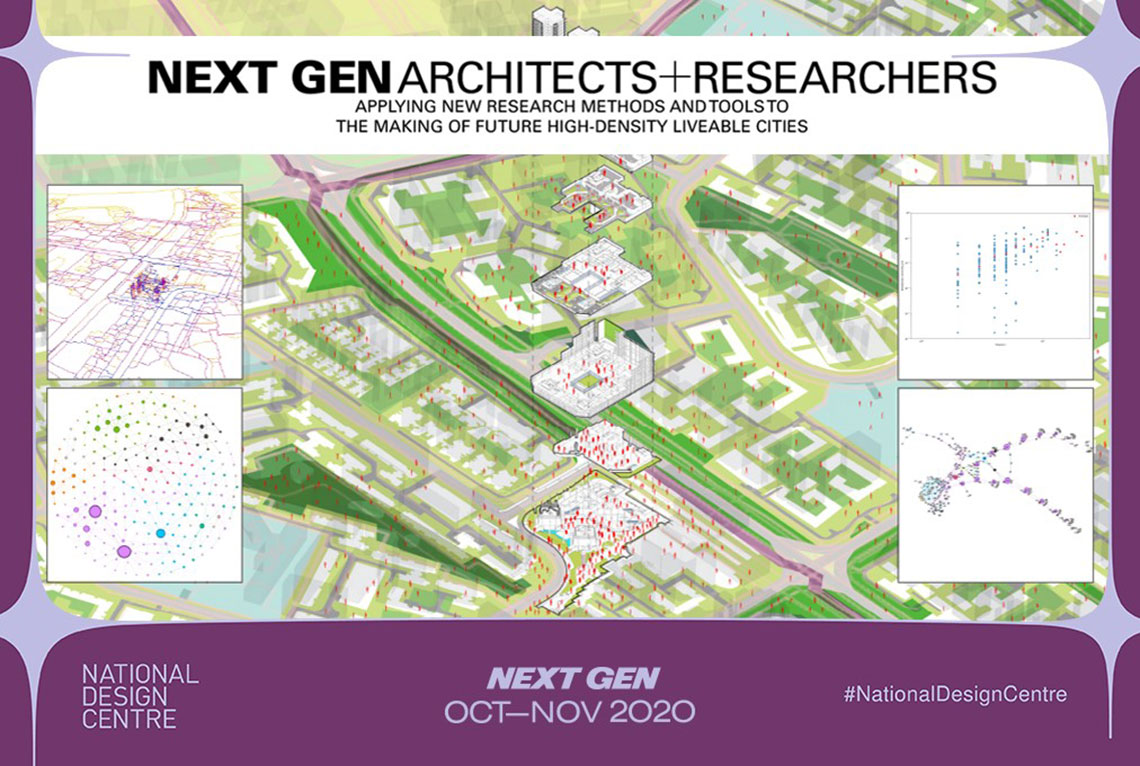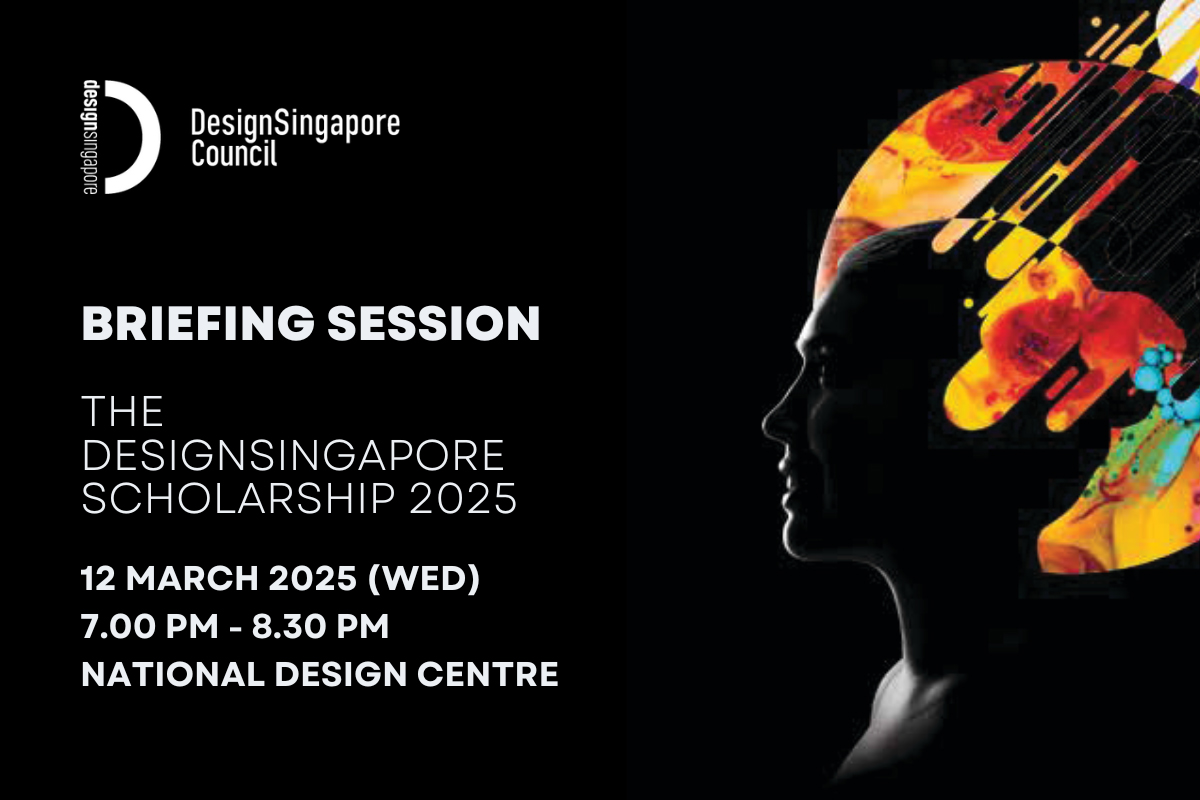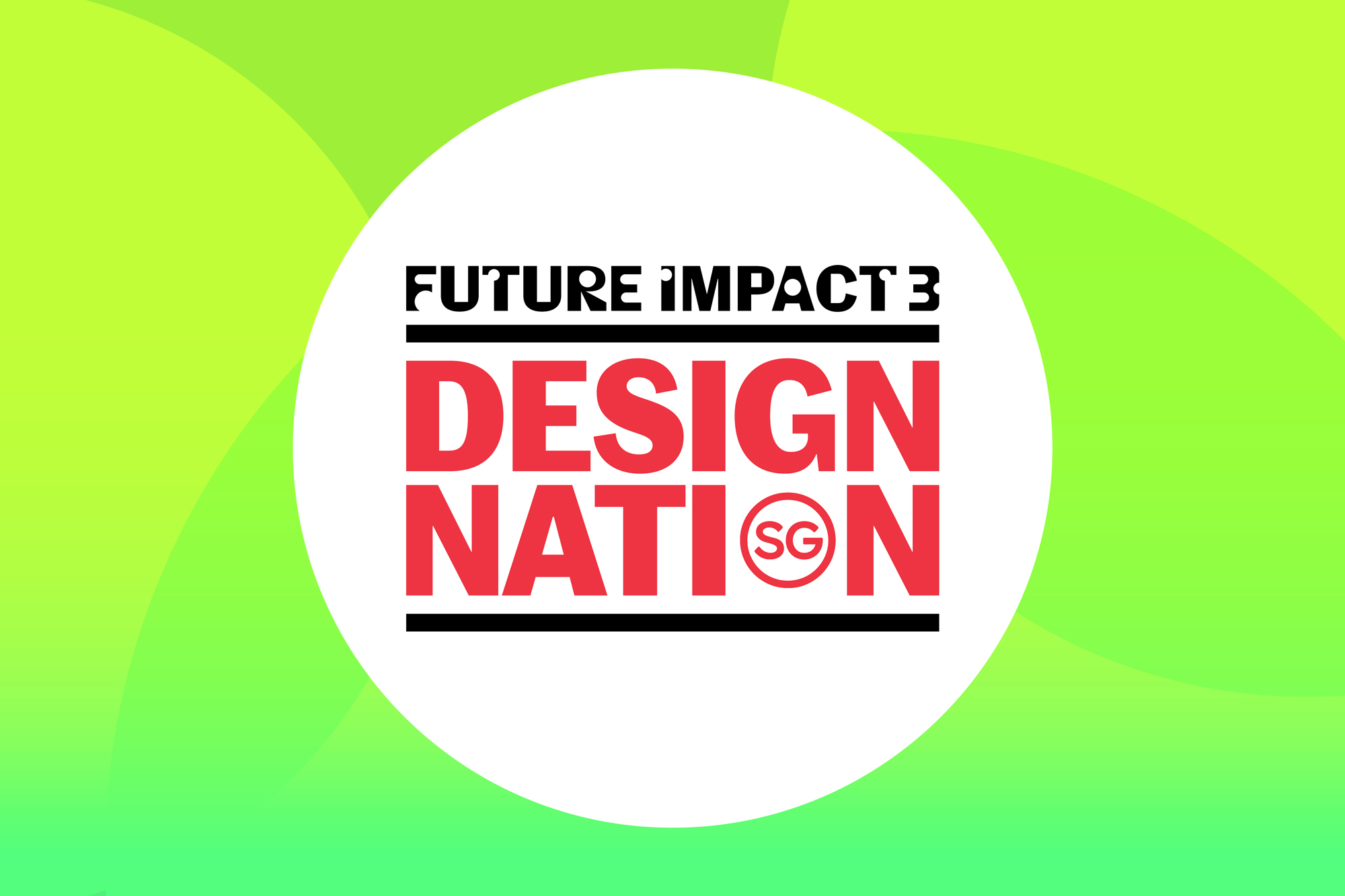Next Gen Architects and Researchers: Applying New Methods And Tools to the Making of Future High-Density Liveable Cities

Event details
-

Date and Time
13 Oct 2020
04:00 PM – 05:00 PM
-

Location
Zoom Webinar
-

Event Fee
Free
Future high-density liveable cities will require new integrated planning and design strategies that acknowledge the spatial complexity of their systems and networks. Cities generate increasing amounts of data and new technologies are able to uncover hidden trends to represent activities and interdependencies in cities. Join us as we explore how the next generation of architects and researchers are leveraging various tools, techniques and methods to inform the future of our urban built environment.
In this webinar, Srilalitha Gopalakrishnan and Ajaykumar Manivannan, currently PhD candidates at the Singapore University of Technology and Design (SUTD), will discuss the application of new research methods and tools in the context of Vertical Cities: Complex Emergent Patterns of Movement and Space Use in High-Density Urban Contexts – a project they work on in collaboration with the Ministry of National Development (MND), the Urban Redevelopment Authority (URA) and the Housing & Development Board (HDB) – using Kampung Admiralty as a case study. Designed by WOHA and awarded World Architecture Festival Building of the Year 2018, it is Singapore’s first integrated public development that brings together a mix of public facilities and services under one roof. Kampung Admiralty includes a large community plaza and features an extensive public roof garden on multiple levels. The presentation will discuss how the building’s planning and design correlate with onsite research on space use and user interactions to illustrate its performance and how its spatial layout impacts its effectiveness in relationship to its urban context.
About the Speakers
- Srilalitha Gopalakrishnan, PhD candidate, Architecture and Sustainable Design, SUTD
Sri is a landscape architect with over 15 years of professional experience across Singapore, Malaysia, China, Hong Kong and India, and worked with Tierra Design on residential, commercial, hospitality, institutional, recreational and masterplanning, with many projects winning accolades. Her research interest focuses on the increased benefits of integrated landscape design in high-density urban environments and the development of strategies towards evidence-based design practice for economically and socially sustainable urban design solutions. Dedicated to raising the standards of her field within Singapore and Asia, she serves as 1st Vice President on the Council of the Singapore Institute of Landscape Architects (SILA) and lectures at local educational institutions. - Ajaykumar Manivannan, PhD candidate, Engineering Product Development, SUTD
Ajay specializes in Urban Science, and his doctoral work is focused on emergent mobility patterns in vertical cities. He worked as Research Assistant from 2016-2018 in Applied Complexity Group (ACG) on control of complex networks and computational social science involving social networks and mobility patterns. His Master dissertation was titled ‘Leader-follower networked system under distributed consensus dynamic’. He graduated in 2016 with Master’s degree on Aerospace Engineering from NTU, Singapore and TUM, Germany. His previous works with NTU, Singapore includes CFD analysis of turbochargers, heat transfer analysis on micro-gas turbines and developing active flow control techniques for aircraft wings.
This webinar is the second in conjunction with the Dense+Green Cities exhibition that was shown at the National Design Centre from March to July 2020 and highlights the cutting-edge methods and tools the next generation of researchers and designers apply to inform the planning and design of future high-density liveable cities.
Organised by the SUTD Advanced Architecture Laboratory and the DesignSingapore Council. Supported by the National Design Centre. This event is part of the National Design Centre’s “Next Gen” programme line-up for October – November 2020.
About the SUTD Advanced Architecture Laboratory
The SUTD Advanced Architecture Laboratory investigates the increasingly complex relationship between design and technology in architecture. Under the University’s Cities research programme, the Lab develops new integrated planning and design strategies that acknowledge the scale and complexity of current and future urban systems and networks.




